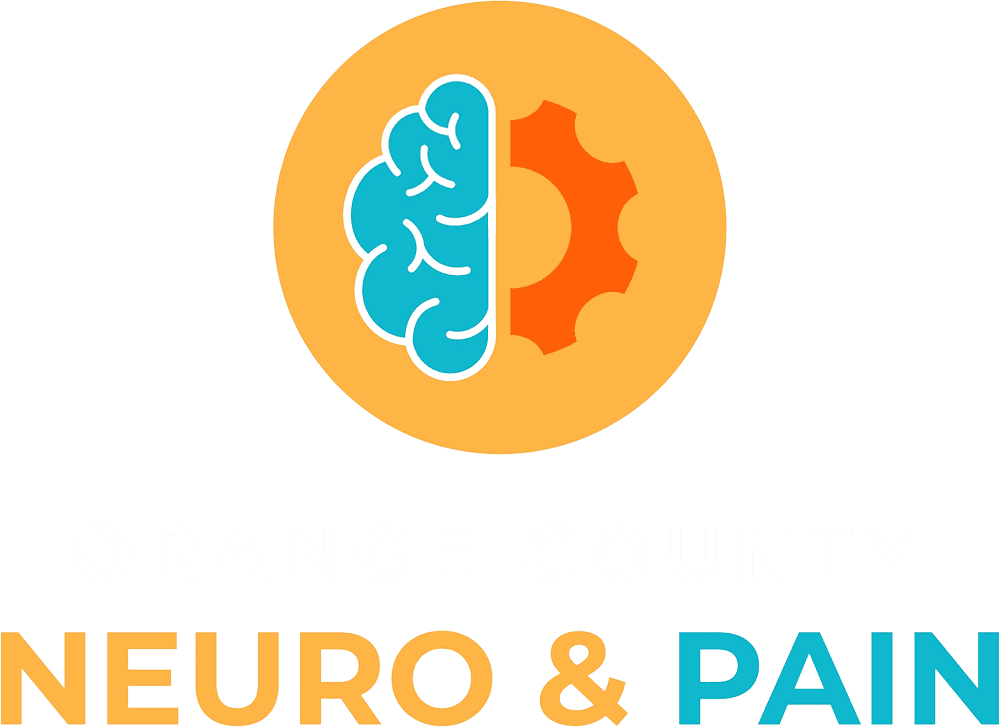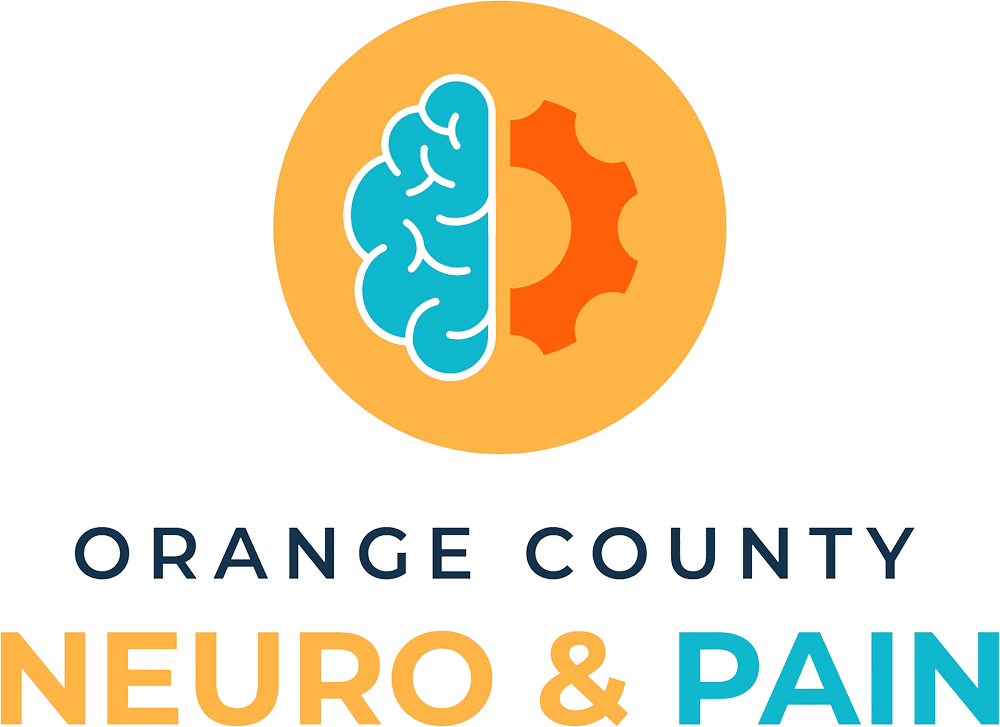

Medications play a critical role in treating a wide range of medical conditions. From managing pain to preventing illnesses, medications are an essential part of modern healthcare. They work by interacting with the body’s natural processes, altering the way that organs and tissues function to promote recovery and optimal health. There are many different drug classes, each with unique properties and applications.
Antibiotics
One of the most well-known drug classes is antibiotics. These medications are used to treat bacterial infections by killing or stopping the growth of harmful bacteria. They work by targeting specific components of bacterial cells, preventing them from functioning normally. Common examples of antibiotics include penicillin, amoxicillin, and azithromycin. While antibiotics can be highly effective in treating bacterial infections, overuse and misuse can lead to antibiotic resistance, which can make it harder to treat infections in the future.

Antidepressants
Antidepressants are another class of drugs. These medications are used to treat depression and other mood disorders by altering the levels of certain chemicals in the brain, such as serotonin and dopamine. Antidepressants can take several weeks to start working, and it’s important for patients to work closely with their healthcare providers to find the right medication and dosage. Common antidepressants include selective serotonin reuptake inhibitors (SSRIs) like Prozac and Zoloft, as well as tricyclic antidepressants like amitriptyline.
Pain Relievers
Pain relievers are used to manage pain, ranging from mild to severe. They work by blocking pain signals from reaching the brain or by reducing inflammation in the affected area. Some common pain relievers include acetaminophen, aspirin, and opioids like morphine and oxycodone. It’s important to use pain relievers responsibly and under the guidance of a healthcare provider, as misuse and overuse can lead to addiction and other health problems.
Medication Administration
It’s important to properly administer medications, as different medications require different methods of delivery. For example, some medications are taken orally in pill or liquid form, while others are administered via injection or infusion. Some medications may need to be taken with food or at specific times of day to ensure maximum effectiveness. Patients should always follow the instructions provided by their healthcare provider and read the label carefully to ensure that they are taking their medications correctly.
Medication Risks And Side Effects
Patients need to understand the potential side effects and risks associated with different medications. Some medications can cause drowsiness or dizziness, while others may interact with other medications or foods. In some cases, patients may need to avoid certain activities, such as driving, to avoid serious consequences such as accidents.
Dr. Alireza Bozorgi takes a multidisciplinary approach when treating patients experiencing pain. The treatment plan will typically involve multiple therapies and may include medications.


